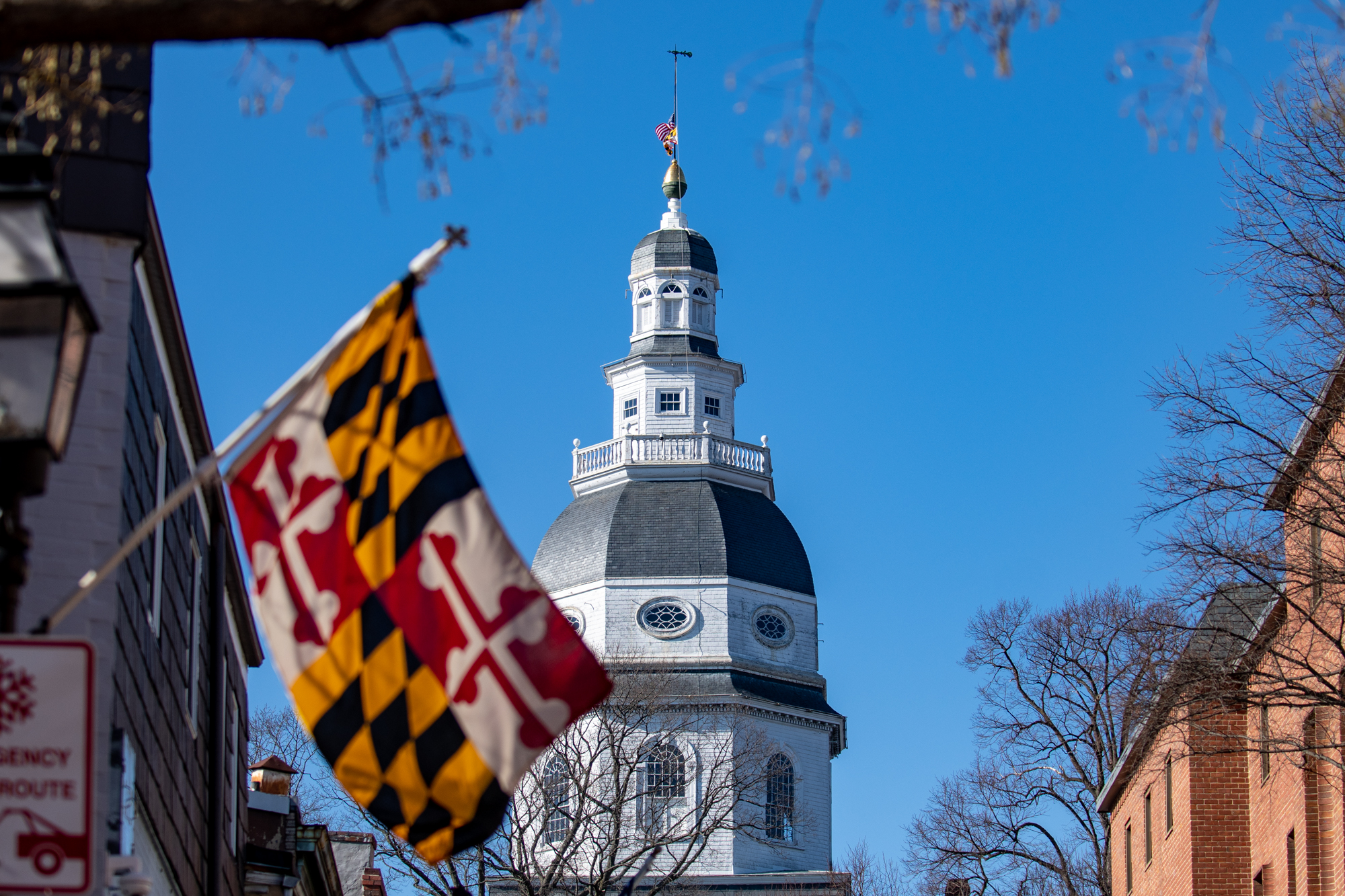Views expressed in opinion columns are the author’s own.
One of the most consequential issues we face today is credible threats to democracy. A core pillar of the democratic institution is our right to self-govern by voting in free and fair elections.
Fortunately, Maryland’s politics are at a place where real legislative actions that would dismantle our election systems can’t gain much momentum. This is because it doesn’t seem like we have election deniers or individuals in high leadership positions seeking to disenfranchise voters.
But with control of the Governor’s Mansion and General Assembly, Democrats have a golden opportunity to enact substantial electoral reforms that would guarantee we follow the most democratic practices. That should begin with taking power away from elected officials who hand-pick replacements for vacant state legislative seats.
To uphold our fundamental right to participate in democracy, we must ensure that our elected officials are always elected by us. If Maryland truly values its democratic roots, lawmakers should strengthen it by holding special elections when any legislative seat becomes vacant.
Currently, local political party central committees affiliated with the vacant legislative seat are responsible for nominating a replacement to the Governor. They host forums where candidates persuade party leaders to submit their name to the governor. While constituents are allowed to be present, they ultimately receive no say in their legislator.
Maryland voters not getting to vote for one representative is bad enough, but unfortunately, vacancies are a common occurrence. There are always a handful of legislators who resign before their term is up. In October, Sen. Melony Griffith became the third Maryland state senator to resign this year. The Prince George’s County Democratic Central Committee nominated Delegate Nick Charles to fill her seat, which will create a seventh vacancy in the House this year alone.
It’s critical that we hold special elections in the event of multiple vacancies to address the undemocratic nature of this process.
Such a proposal isn’t just feasible, it’s already been carried out. Whenever a congressional seat becomes vacant, the governor is required to call for a special election to fill the seat. This most recently happened in 2020 following the death of Rep. Elijah Cummings. If a state delegate or senator resigns or dies while in office, the governor should have the same power to call for a special election.
The status quo is undemocratic for two main reasons. First, a group of individuals who’ve pledged allegiance to a specific party play an instrumental role in determining who your new representative during the interim will be. This puts hyperpartisan political entities in the driver’s seat for determining qualifications and policy interests on behalf of citizens. I believe the voters are better suited to make such judgment calls.
Second, those same elected members do not have to reside in the legislative district where the vacancy occurs. This essentially allows for non-constituents to decide who other people will be represented by.
Although the Governor and members of the central committees are elected officials, they should not have the sole power of deciding who will represent upwards of 100,000 people. The constituents of a legislative district should have a right to vote for a new representative should a vacancy ever occur.
One advantage of appointing members to fill vacant seats is that the process can be expedient. But it’s better to have the ability to vote for a quality public official than to put all faith and trust into the local political central committee.
To maintain this urgency, a primary and general special election should occur 60 days and 90 days after the vacancy, respectively. A separate primary and general special election is necessary to get resources together and filter out unserious or otherwise unqualified candidates.
This timing would give candidates and the Board of Elections enough time to file paperwork. Candidates would also have ample time to organize a political campaign, fundraise, knock on doors and meet with voters ahead of the general.
Maryland has an opportune moment to embrace electoral reforms. The power to elect representatives should always rest with the people. By advocating for special elections in the event of a legislative vacancy, Maryland Democrats can reinforce their commitment to a government of, by and for the people.
Hunter Craig is a senior public policy major. He can be reached at hpcraig@terpmail.umd.edu.



